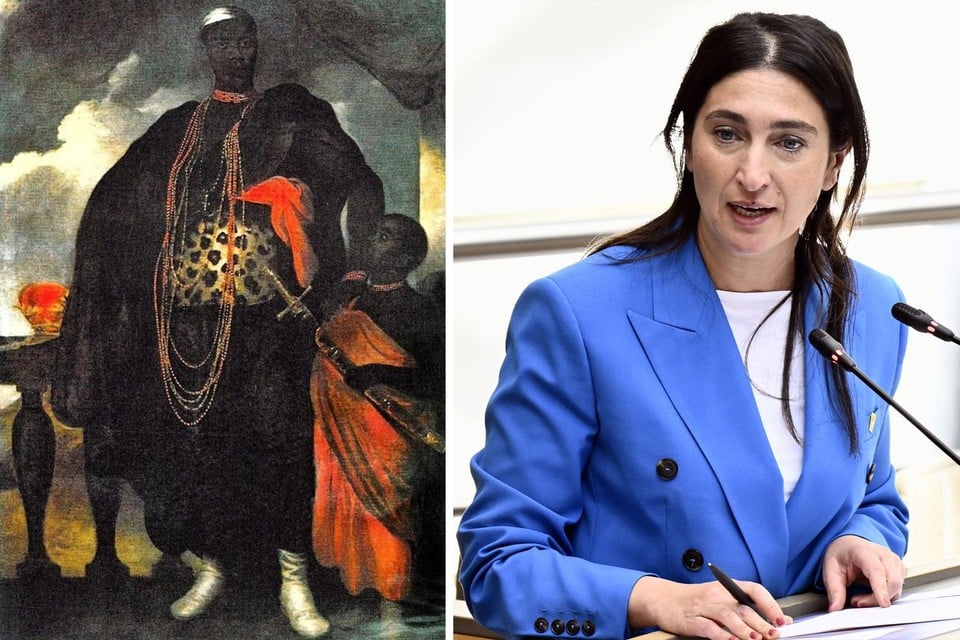GDP. Risks threaten goals

Although the Portuguese economy grew in the first three months of the year, the climb fell short of what was scheduled and below the last quarter of last year. Behavior that is not surprising the economists heard by sunrise, who also point to many uncertainties about the future.
According to data from the National Statistics Institute (INE), the Portuguese economy grew 1.6% in homologous terms in the first three months of the year, after a 2.8% growth in the preceding quarter and contracted 0.5% compared to the previous quarter, after a growth of 1.4% in the previous quarter.
Numbers that led the Finance Minister himself to recognize that the national economy should be growing 3%. Still, Joaquim Miranda Sarmento said that this fall should not be surprised and recalled that, excluding the first trimesters of 2020 and 2022, periods of the covid-19 pandemic and confinements, since Portugal has never entered the national economy « had grown both in jail and the fourth quarter of 2024 », « and now is, in a way, to stabilize within what is its medium and long perspective term ».
To our newspaper, João César das Neves admits that this slowdown « is not a good sign », but says that this behavior is « certainly linked to the difficulties of the world economy. But it’s too early to be sure of what it means.
In relation to the 3% goal acknowledges that this should be the goal, but it recalls that « for that there would have to be profound changes, which do not see ».
Also António Nogueira Leite draws attention that from the homologous point of view we watch a growth of 1.3%, which in his view, is a ‘reasonable’ number. Compared to the last quarter, compared to the last three months of 2024, he says we watched a break, but says that « the last quarter of 2024 was exceptional because there was a large increase in the product motivated by a large increase in consumption. »
And the economist nods with several factors that led to this increase in consumption: “largely because a substantial part of the population had an increase in income due to the government’s budgetary policy. The government gave the teachers more money, gave the retired more money, gave more money to a date of people. Almost at the same time, the government began to finance itself with the taxpayers, where they began to receive more their heads, instead of receiving at the end. All of this has had a great impact on the available income of people who led to an increase in consumption and which led to an increase in national performance in this period that was not followed, nor was it expected to be ”, clarifies to sunrise, also referring that » the most relevant is that the difference in the previous year, as it seems relatively robust « .
Uncertainties compromise future
Nogueira Leite admits that the growth recorded is « a little down » of what would be the expectations of the government. It is recalled that the executive estimated in the state budget to 2025 a growth of 2.1% this year. AD provides, in the macroeconomic scenario enrolled in the electoral program, that GDP will grow 2.4%.
But the economist is more apprehensive about what will happen by the end of the year. “At this point no one knows why we are in a geostrategic, political and military framework around the world that has many risks. Moreover, we have the issue of President Trump’s fares that have become more visible now at the beginning of the year. We still don’t know how they will happen, what is its dimension because everything is in negotiation.
He adds: “I think the government scenario is not impossible, but in my scenario it is a little less optimistic. I estimate that this year we will have a growth, somewhere between 1.5 and 2%. The world is much harder than it has been in recent years. Germany, which is one of the engines in Europe, has problems, France, which is a very important economy in Europe, has a tremendous budgetary problem. The PRR (recovery and resilience plan) still has an effect, but at one point this effect will disappear at least ahead.
This means that, according to the economist, all scenarios in terms of economic perspectives are open. « Depending on the tariff war and the evolution of various European economies we can come close to government projections or be below. »
Also Caesar das Neves in relation to the future does not hesitate: «No one knows. The situation is terribly uncertain, but the dominant signs are negative.
As for the impact of the Portuguese elections and the last weeks of impasse, Nogueira Milk devalues. «As long as they do not make nonsense I am not worried. And as in principle, we will not have a government the far left I think the likelihood of making many mistakes is lower. We are also not sure if we will make the necessary reforms, now, what worries me more this year is the international conjuncture because it has a high level of risk.
National economy may have break
These concerns are also echoing with Eugénio Rosa by remembering that on the side of imports, European retaliatory tariffs can affect sensitive sectors of the Portuguese economy. “In particular, the food chain may be impacted by any price restrictions or increases in US agricultural products – such as soy and corn – which are used in animal feed. This may generate increases in agricultural and livestock production costs, with a reflection on consumer prices of meat, eggs and dairy products. This pressure on food prices, in a already inflacing context, represents an increased threat to the purchasing power of Portuguese families, especially those of lower income, ”he says to our newspaper.
On the other hand, the economist recalls that American protectionist policy is causing widespread slowdown in the world economy by reducing international trade and locking investments. “This slowdown is a decrease in global demand, which is already having consequences in the prices of various commodities, such as industrial metals and agricultural products. The most visible case is oil, whose barrel price has been going down -OPEC to counteract such a trend has already announced the reduction of production -also reflecting on fuel prices in both US and Europe. Although this descent may alleviate, in the short term, the Portuguese energy invoice, also signals deeper risks to global economic activity, ”he says.
Risks that, according to Eugénio Rosa, will have ‘significant reflexes in the growth of the Portuguese economy in 2025, which could break between 0.5% and 1% of GDP, compared to predictions prior to the commercial crisis of official entities. This deceleration results not only from the retraction of exports, but also from the fall in business investment, braking in private consumption and widespread uncertainty in markets. And it argues that, in view of this scenario and the high external exposure of the Portuguese economy, « strategic measures of mitigation and the reinforcement of internal resilience » is required.
What is at stake
According to data from the National Institute of Statistics (INE), the Gross Domestic Product (GDP), in volume, registered a homologous variation of 1.6% in the first trimester of 2025, after a growth of 2.8% in the preceding quarter. The positive contribution of internal demand to the homologous variation of GDP decreased in the first three months of the year, as a result of the softening of private consumption. The negative contribution of liquid external demand to the homologous variation of GDP « was more pronounced », reflecting the slowdown of exports of goods and services.
For its part, the contribution of liquid external demand to GDP chain variation was negative, while internal demand recorded a null contribution after being positive in the previous quarter.
American answer
Still this Wednesday, the US Federal Reserve (Fed) retained interest rates for the third meeting followed. The federal reserve, led by Jerome Powell, said that « no haste » to act at a high uncertainty, although it recognizes that Donald Trump’s rates may lead to an increase in inflation, a slowdown in economic growth and an increase in unemployment.
Still, Powell admitted that governors want to « wait to see » what will result from negotiations with various countries about tariffs to realize how they should act. « We are comfortable with our policy stance, we do not feel that we have to be hasty, when things develop we can move quickly, » as well as, although it is certain that they will have an impact, their duration is still uncertain. « The effects on inflation can be short -lived, reflecting a punctual change in price level, but it is also possible that inflationary effects are more persistent, » he said.
As for the data that showed a contraction of the US economy in the first quarter, the president of the Fed pointed out that the anticipation of imports affected the indicators, but that the signs of economic activity remain positive. « It’s still a healthy economy, » he concluded.








